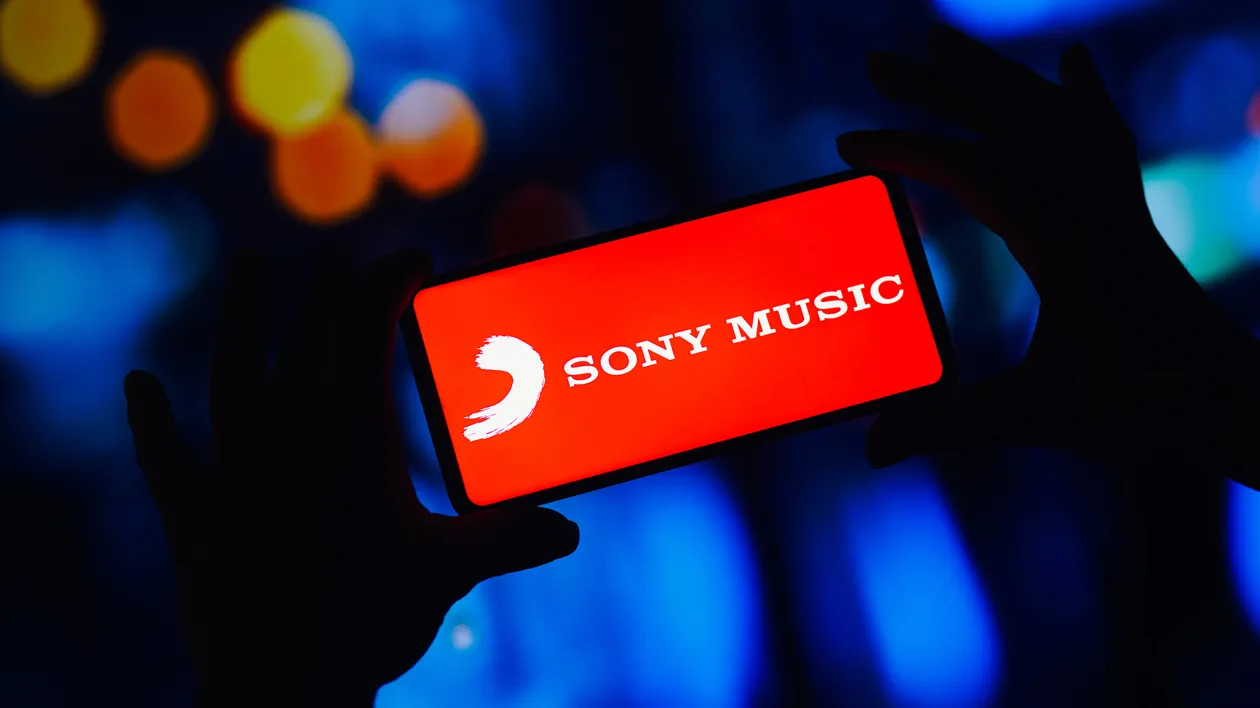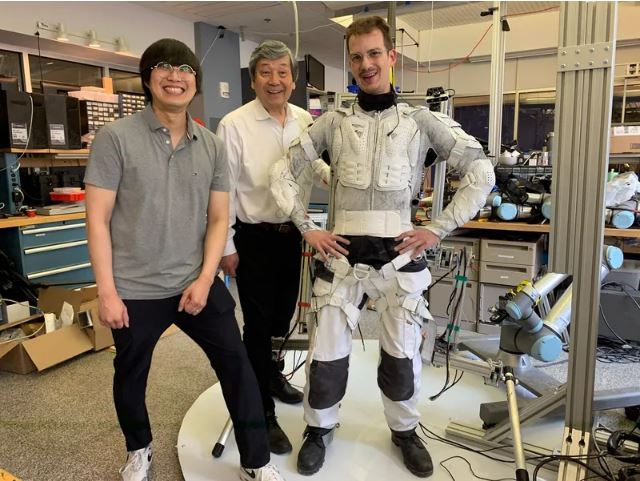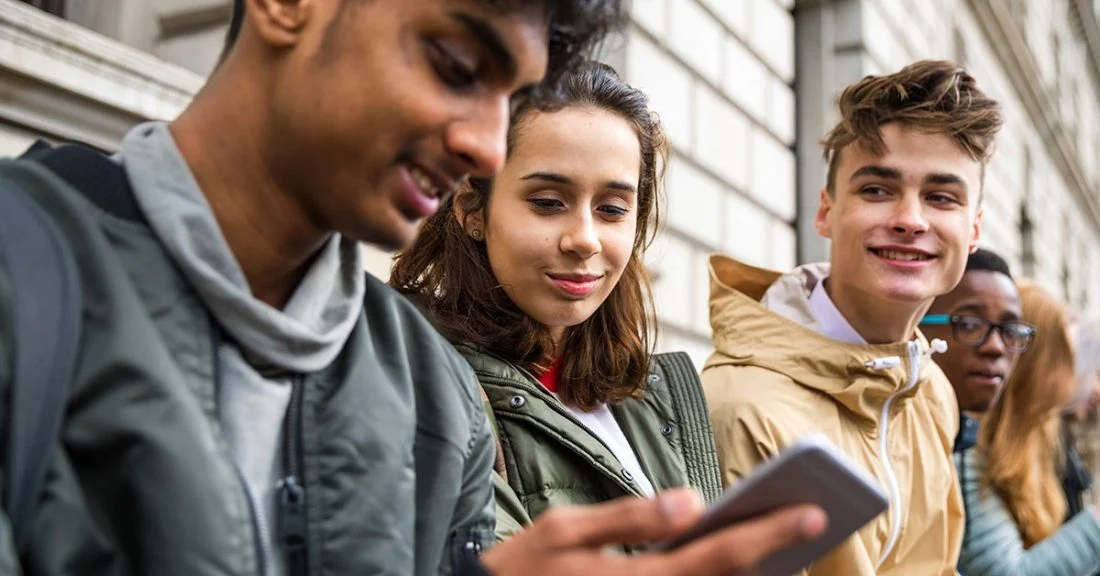Sony Music Group has cautioned over 700 technology companies and music streaming services in letters not to use its music without explicit permission to train artificial intelligence
Sony Music has “reason to believe” that the letter’s recipients “may have already engaged in unauthorized uses” of its content, according to the correspondence.
Sony Music stated that “unauthorized use of SMG Content in the training, development, or commercialization of AI systems” deprives it and its artists of “appropriate compensation” and “significant potential” of AI.
The company’s portfolio represents many notable artists, including Harry Styles, Beyoncé, Adele, and Celine Dion.
Sony Music aims to safeguard its intellectual property, which consists of lyrics, cover art, audio and video recordings, and cover artwork, among other things. The company has yet to disclose to which companies it will send the letter.
Sony Music stated, “We support artists and songwriters who take the initiative to adopt new technologies for the benefit of their craft.” “Frequently, technological advancements have altered the trajectory of creative industries. AI will probably sustain this enduring trend. Nonetheless, this innovation must safeguard the copyrights and other rights of composers and recording artists.
The letter requests information from recipients regarding the utilization of specific songs by AI systems for training purposes, the methods employed to access the songs, the number of duplicates produced (if any remain), the rationale behind the existence of copies, and so forth.
The recipients of the letter have a deadline to respond, and Sony Music has promised to enforce its copyright “to the fullest extent permissible by applicable law in all jurisdictions.”
As copyright infringement becomes a significant concern with the rise of generative AI and streaming services such as Spotify are inundated with AI-generated music, this action is taken. Even artists are experimenting with artificial intelligence; Drake was criticized for deepfaking the late rapper Tupac earlier this month.
Adam Schiff, a Democrat from California, introduced new legislation in the U.S. House of Representatives last month. Should the bill become law, it would require AI companies to provide disclosure regarding the copyrighted compositions they have utilized for AI purposes.
After Governor Bill Lee signed the Ensuring Likeness Voice and Image Security (ELVIS) Act in March, Tennessee became the first U.S. state to safeguard artists against artificial intelligence.



